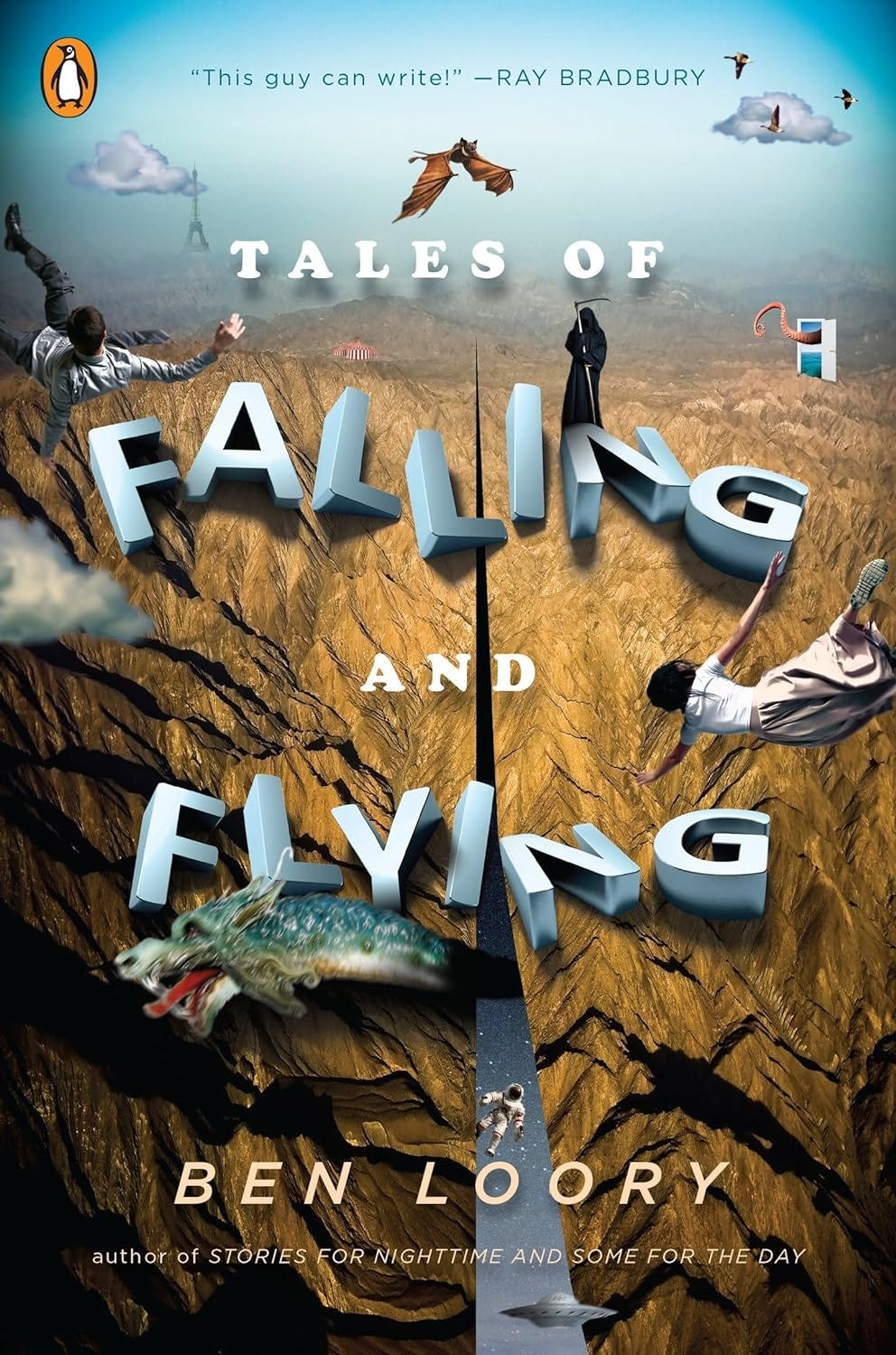I came across an interview with Ben Loory from 2017 who is probably best known for writing short stories. There was one part of the interview that stopped me in my tracks. He was talking about how there is evidence to show that reading can improve empathy (amongst other things), and the quote from Ben goes like this:
“I’m always opening up my computer to find that, once again, someone’s posted some article about how reading fiction increases empathy or whatever– which I’m sure is true, by the way– and it always just fills me with such a sense of annoyance and hopelessness. I don’t read stories in order to improve my empathic abilities, or to find out how other people see or experience the world. I read stories in order to have an experience that I simply can’t get any other way. I want to see what can be done with the form, and go through something I’ve never even dreamt of.
I certainly would like it if people were more empathic, of course. But the people who need to be will never read stories. They’re too busy running the government.”
You can find the whole interview here:
https://anotherchicagomagazine.net/2017/10/30/an-interview-with-ben-loory/
I found this quote interesting for a couple of reasons. I wondered what it was that annoyed him about the idea of people reading and having their empathy increased. Don’t we need people with empathy? Did he find it patronising, like of course people who read have empathy, I don’t have to be told that? Was it because there are better reasons for reading? It appears so, because he goes on to say something about having a different kind of experience that he can’t get anywhere else, maybe the writing medium has something about it that isn’t present anywhere else. That might be interesting to think about. He doesn’t say any more about this which is a shame, and what sort of things does he “go through”? I’m dying to know.
I’ll come back to the comment about the government. For now, I’m still thinking about these experiences that Loory mentions. Of course I have my own experiences of how I interact with something I’m reading, and one of the reasons why book clubs are so popular is that we like to compare what we have found with other people: why was that character so puzzling? Why did that thing happen in that way? What was it I didn’t like about that book? (By the way, I was once told in a book club that I could only say nice things about the books. Well that was fine as long as we only read nice books where nice things happened to nice characters.)
Sometimes we read things to have a certain kind of feeling or to have a connections with a character. Sometimes we read to be with something that is familiar. And then there is the whole thing about how we introduce young people to reading who may have got it into their heads about how boring it is - what, sitting reading stuff - god, it’s so boring! Reading is like opening a door - there is resistance about how it might not be a door worth looking at, but once through, it might give a connection that is not there anywhere else, so Loory is right about that, but I wonder about the uninterest he declares in how other people experience the world. Isn’t that one of the most fascinating things about books? We can be totally surprised or befuddled about a character or about how we see a character - how I relate is different to how someone else relates to them. Haven’t we been totally surprised about how we loved a character and someone else hated them, or vice versa? Or about how we one book is the best thing we’re read this year but our friend wasn’t so taken with it? It’s so interesting how we see these things (what do you mean you didn’t like my favourite book of last year?).
So, back to the comment about the government - it made me laugh. Perhaps this is what Loory is really talking about here, he’s saying that the kind of people who get something out of reading are really not going to necessarily need to be better human beings, but - I am putting words into his mouth here - those who don’t read are too busy being narcissists, and power-driven, greedy bullies. That might not be what he meant. But I am projecting my own meaning onto the idea that those who need to, “will never read stories”. Maybe that is the form of hopelessness he is talking about?
I guess Loory is more concerned with the form itself of writing, in particular short stories. Where the boundaries of this form lie, and how can language be used, what can be said within certain restrictions. This is all very interesting too, and something that anyone who has written any type of form has struggled with.
And I’d be so interested to hear thoughts on why we read. Are you a reader or do you run the government?


